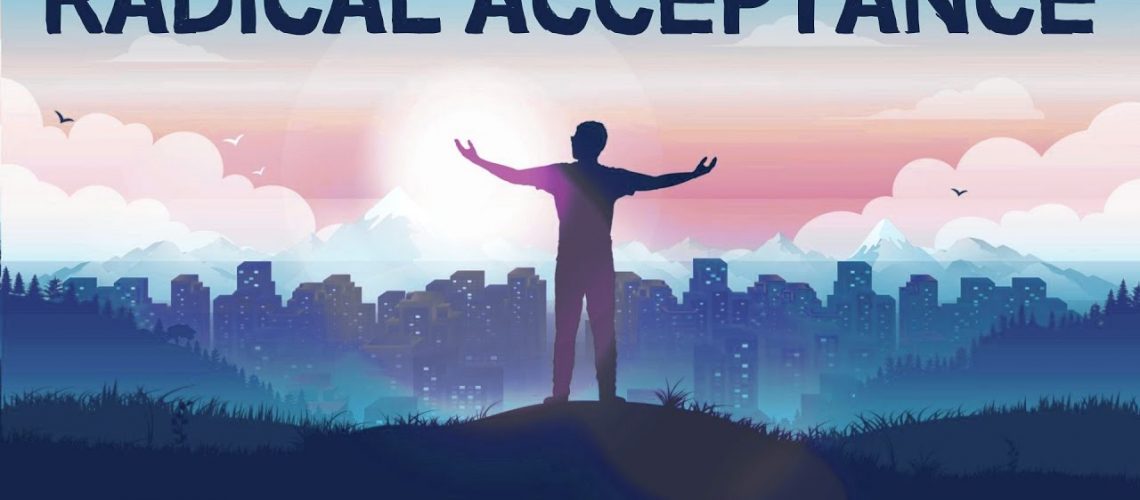There’s a way to move forward. And it starts with accepting reality for what it is, which, in some cases, is an act of radicalism.
Video by Einzelgänger
Key Takeaways
And in other cases, they leave us with an immense amount of pain for us to process. Many people either fight or stick their heads in the sand, and never come to terms with how things are.
But there’s a way to move forward. And it starts with accepting reality for what it is, which, in some cases, is an act of radicalism.
Imagine that someone sticks you with a knife. There are several things you can do.
You can ignore it. Or you can try to fight it, and resist the fact that it happened. But the only thing that eventually leads to healing, is the acceptance that this event – regardless of its brutality – took place.
I know this is kind of a harsh example, but moving forward in any situation, and also finding ways to truly process it, is done by acceptance.
Now, this doesn’t mean that we condone or approve of anything. It means that we honestly acknowledge what’s going on in our environment and in ourselves.
But is there anything weaker than refusing to observe things how they really are? And to purposefully live in a state of blissful ignorance, simply because we don’t want to be confronted with the harsh reality?
It’s no surprise that human beings often engage in the most creative ways of sugarcoating, downplaying, ignoring, and denying.
We push trauma into the shadow, we drink away our pain or even create a complete web of lies that protect us from realizing what’s truly going on. These are just coping mechanisms in order to stay away from the ugliness of truth.
People get stuck for many years – in some cases for a lifetime – because they refuse to confront what they’ve been running from.
A lifetime of denial can eat someone from the inside out. It creates cognitive dissonance; from silently sticking one’s head in the sand, to violently lashing out as a defense mechanism.
When we find ourselves in a position of pain, no matter how horrendous it is, the only way not to get stuck is acceptance.
And when the pain is overwhelming, and the reality seems too heavy to bear, then, the act of acceptance becomes radical. Especially when we’ve been lying to ourselves for such a long time, and our minds have become pressure cookers that are about to explode.
And also when the things we accept, are in conflict with our ideas and beliefs about how life ought to be.
Radical acceptance means that we acknowledge the stuff that’s excruciatingly painful.
- Things like parental abuse, characteristics about ourselves that we hate, the fact that we’re suffering an illness (perhaps a lethal one) or crimes we’ve committed in the past and the guilt that comes from that.
It’s necessary to finally let go, and get past the things we’ve been resisting for so long. Because what we resist, persists. And what we accept, we move beyond.
It’s vital to make the Stoic distinction between the things that are up to us, and the things that are not up to us.
“Life can only be understood backwards, but it must be lived forwards.”
Live in the past? Or will we muster the courage to accept the present and everything in it, so we can move forward, and mold the ugliness of this moment into a better future?
And if we live life ignorantly, based on lies, we might try to change a false reality, which is kind of insane, and also counterproductive.
Radical acceptance is a powerful act. It means that we take a deep breath, stand up straight, with our shoulders back, and look the abyss straight in the eye.
It sends a message to the outside world that we are willing to embrace it, and that we don’t cower away from the consequences of doing so, and that we’re confident that we’ll find a way to deal with it.

